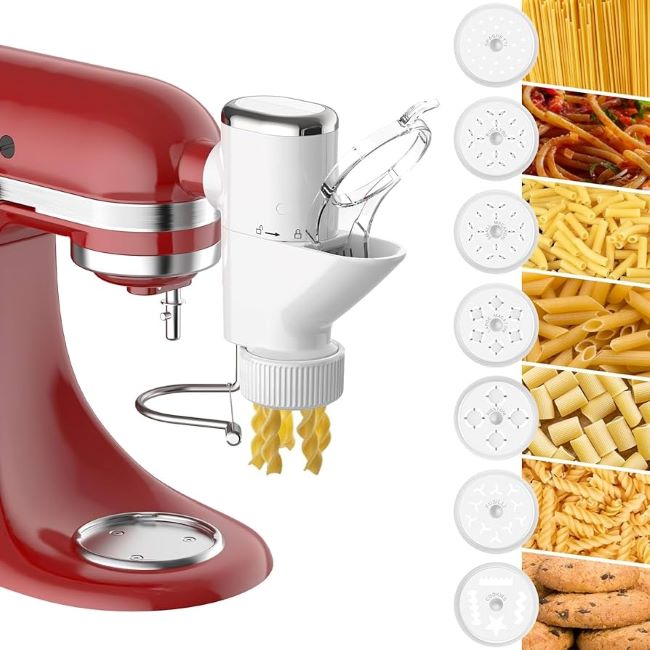
Why it is Good to Have a Bookkeeper in your Small Business
November 9, 2022
Selling your Home – Things to do Before you Have Viewings
November 16, 2022Does corn have gluten?
Corn is one of the most consumed cereals in the world. The benefits it brings to the human body are multiple, but doubts about its suitability for people with celiac disease are constant. Currently, corn is a gluten-free cereal, although there is a recurring debate at the social level about this reality since it is not possible to determine exactly if celiacs can eat corn.
Along with rice and wheat, corn is one of the most cultivated cereals on the planet. Its consumption is increasing and it is essential to supply food to populations throughout the world. Its origin dates back to pre-Columbian civilizations, in which it was considered sacred and was already essential in their diet. To find out if corn has gluten or not, if corn flour contains it, and if celiacs can eat this cereal, at this article we recommend that you continue reading this article.
Table of Contents
ToggleDoes corn have gluten or not?
Currently, there is a debate about whether or not corn has gluten, but the reality is that it is classified as a gluten-free grain. It is highly appreciated for its high nutritional value and has also been traditionally recommended for people with celiac disease, but in recent years some controversy has arisen about corn and its effects on people with celiac disease.
Scientific investigations have indicated that corn could trigger reactions similar to those caused by gluten, that is, an orgastic and amorphous protein found in many bowls of cereal. Gluten contains two fractions called glutenin and gliadin that cause an unfavorable immune reaction called celiac disease. These plant proteins are known as prolamines.
Corn does not contain gluten, but it has a prolamin very similar in structure to gliadin. When celiac disease is activated in a person, the level of antibodies in the body may increase and react against all gliadin-like proteins.
Therefore, some prolamines such as casein and zein can cause responses similar to those caused by gluten-containing foods in the body of people with celiac disease.
If you want to know in more detail what a celiac cannot eat, don’t miss this OneHOWTO article, where we explain what foods are not suitable for consumption in this case.
Does corn flour have gluten?
Flour is a very fine powder that is obtained by grinding starchy foods such as cereals, as well as other natural products. On the market, there is a huge variety of options in terms of flour: they can be made from legumes (beans and chickpeas), seeds (linseed or sesame, for example), fruits such as bananas and coconuts, nuts such as nuts and almonds and, the most common, cereals (wheat, corn, barley, rice, and rye).
Cornmeal comes from a grain that is naturally gluten-free. In fact, it is integrated into the food group without TACC, that is, without wheat, oats, barley, and rye.
However, as it is an industrially processed food, it has a potential risk of cross-contamination. It is a type of contamination that can occur during cultivation, grain storage, transportation, during processing in the factory, subsequent storage in stores, and even at home.
Can celiacs eat corn?
When the human body reacts to two similar prolamins, such as gliadin and zein, it is called a “cross-reaction. ” It is an immune reaction to other foods because they contain similar molecules. Other prolamines such as casein could also be part of this reaction.
It is considered that the presence of zein and even casein in the body is the cause of adverse reactions in patients following a gluten-free diet, although it is not denied that corn is perfectly healthy for people with celiac disease.
Given the diversity of opinions both in the scientific and social spheres, it is best that you go to your doctor to determine if you should consume milk and corn according to your level of intolerance to toxic proteins. In the event that you receive your doctor’s approval to consume corn, consider the possibility that you may suffer a cross-reaction: if so, at OneHOWTO we recommend that you always check the label of the gluten-free products you buy.
Other chemical components that can provide zein are citric acid, aspartame, starch, dextrose, acetic acid, and aromas.
For all the above, it is not possible to determine exactly if celiacs can eat corn. Each case needs to be medically explored in order to reach a more accurate conclusion. Although it is true that corn does not have gluten, it can cause a similar reaction, hence the importance of obtaining an answer after carrying out a process of observation to see if a reaction occurs or not.





